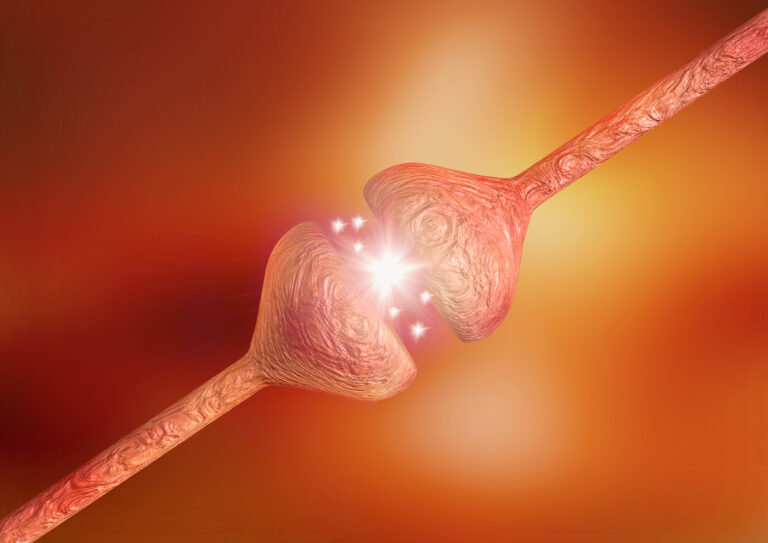In an increasingly aging population, the prevalence of dementia and cognitive decline has become a pressing concern. Dementia, a condition characterized by a decline in cognitive abilities such as memory, problem-solving, and language skills, affects millions of people worldwide. In recent years, researchers have been exploring the potential benefits of certain vitamins and minerals in supporting brain health and reducing the risk of dementia. Among these, vitamin B6 has emerged as a key player, especially when combined with folic acid and vitamin B12. In this article, we delve into the science behind these essential nutrients and their role in safeguarding our cognitive abilities.
The B-Vitamin Trio: A Powerful Combination for Brain Health
Vitamin B6, also known as pyridoxine, is an essential nutrient that plays a crucial role in numerous biological processes, including neurotransmitter synthesis, hormone regulation, and immune function. While vitamin B6 is vital for overall health, its potential effects on brain health are particularly noteworthy. When combined with folic acid (vitamin B9) and vitamin B12, studies have suggested that this trio of B-vitamins can help reduce the risk of dementia and support cognitive function.
The Homocysteine Connection
One of the key mechanisms by which the B-vitamin trio may influence brain health is through their role in the regulation of homocysteine, an amino acid found in the blood. Elevated homocysteine levels have been linked to an increased risk of dementia, cognitive decline, and cardiovascular diseases. Research has shown that vitamin B6, along with folic acid and vitamin B12, helps convert homocysteine into less harmful substances, thus preventing its accumulation in the body.
Inflammation and Oxidative Stress
Another possible way that the B-vitamin trio could promote brain health is through their ability to reduce inflammation and oxidative stress. Chronic inflammation and oxidative stress have been implicated in the development and progression of neurodegenerative diseases, including Alzheimer’s disease and other forms of dementia. Vitamin B6, folic acid, and vitamin B12 possess anti-inflammatory and antioxidant properties that may help protect the brain from damage caused by these processes.
Recent Studies and Findings
Several studies have been conducted to examine the potential benefits of the B-vitamin trio in preventing dementia and supporting cognitive function. A 2019 systematic review and meta-analysis of randomized controlled trials found that B-vitamin supplementation, including vitamin B6, folic acid, and vitamin B12, was associated with a reduced risk of cognitive decline and improved cognitive performance in older adults.
Another study, published in 2020, investigated the effects of B-vitamin supplementation on cognitive function in patients with mild cognitive impairment. The results suggested that the B-vitamin group showed significant improvements in cognitive performance compared to the placebo group, particularly in memory and executive function.
While these findings are promising, it is essential to note that not all studies have found consistent benefits from B-vitamin supplementation. More research is needed to determine the optimal doses and duration of supplementation, as well as to identify the specific populations that may benefit the most from these interventions.
Conclusion
The potential of vitamin B6, folic acid, and vitamin B12 in promoting brain health and reducing the risk of dementia is an exciting area of research. While further studies are needed to clarify the precise mechanisms and optimal supplementation strategies, it is clear that these essential nutrients play a vital role in maintaining cognitive function. As we continue to search for effective ways to combat dementia and cognitive decline, it is important to consider the role of nutrition and lifestyle factors in supporting brain health.





